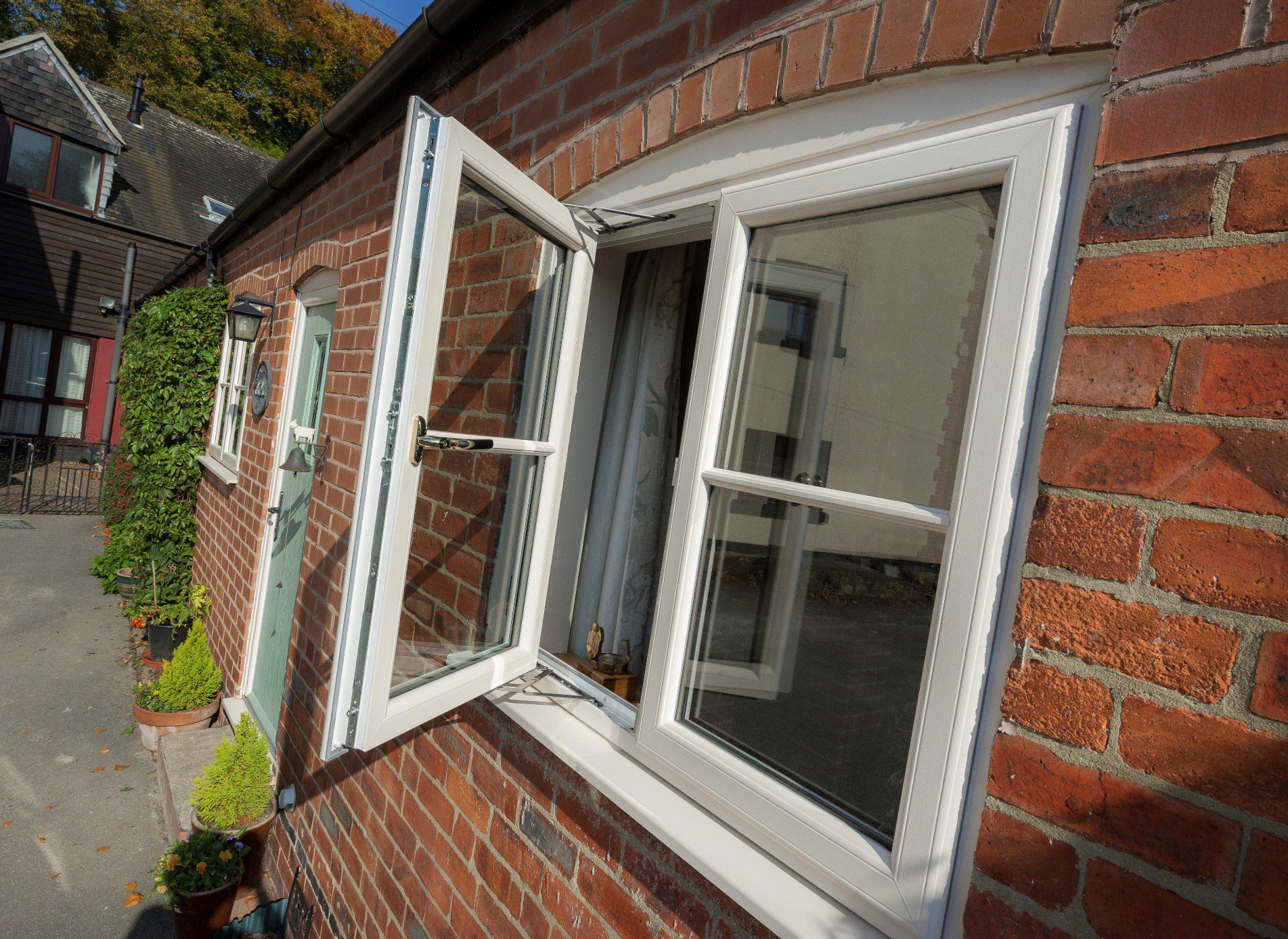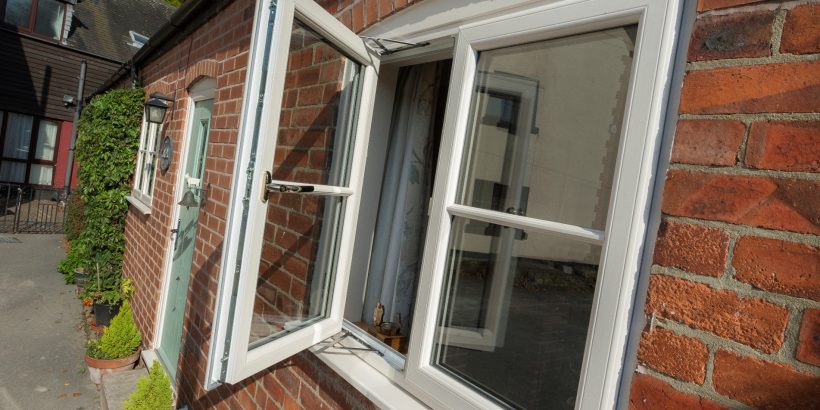
It is a choice to be evaluated: insurance on a property . Your property, your home, whether it is owned or rented, cannot remain immune from unpleasant events that you encounter every day, such as particular atmospheric events, natural disasters, damage caused by third parties, but also resulting situations from theft, robbery or breakdowns caused by malfunctioning of domestic systems, explosion and fire inside the home. Insuring the property means guaranteeing compensation in the event of one of these events occurring, protecting the entire building and all its contents, not only if the house is owned , but also if you live in a rented house .
Insurance on a property: OWNED HOUSE or RENTAL HOUSE
The insurance on a property is a particular type of policy that therefore allows you to obtain reimbursement of any expenses to be incurred in the event of theft or damage to your home or its contents, based on the damage or risk coverage subscribed during the stipulation phase. of the contract. As we wanted to underline in the introduction, this particular type of insurance cannot be subscribed only by the person who bought a house, but also by the one who has a rented house and needs to protect his assets, but above all his availability. economic, since in the event of verification of such events, all costs of damage and breakdowns are directly attributable to those who live in the property.
Precisely for the reasons mentioned above, insurance on a property is a particularly advantageous policy solution and on the insurance market there are numerous insurance companies that offer their products based on the property to be insured, whether owned or rented, and in relation to the coverage that you intend to request, or the events to which you feel most exposed. However, it should be remembered that property insurance can be mandatory or voluntary , based on current insurance regulations: in fact, insurance on the explosion and fire property is mandatory., often contextual to the underwriting of the loan. Consider that the bank can also refuse the disbursement of the capital, if the borrower does not stipulate this type of policy.
Insurance on a property: COMPULSORY or VOLUNTARY?
Insurance on a property is mandatory in the event that the building itself constitutes an economic guarantee , as in the case of a mortgage, in which the house you buy is burdened with a mortgage, becoming the only asset with which the banking institution that pays out the capital has the possibility, in the event of insolvency, to recover the sum of money granted. For this reason, when signing a mortgage, the bank also requires the stipulation of an outbreak and fire policy to protect itself from the possibility that due to this type of event, the property will be destroyed.
For the same reason, it is also mandatory to take out insurance on a condominium property- not in all condominiums, however, this obligation is imposed – based on specific condominium regulations that determine the type of policy to be signed, the necessary damage and risk coverage in relation to the events to which the property is most at risk and delay the premium for the number of condominiums and the fraction of which they own or hold a rent. In general, however, this form of policy on a condominium property is not very expensive and costs around 10 euros per month , with an annual premium of 100-150 euros .
Insurance on a property: IF THE HOUSE IS OWNED
If you decide to take out insurance on a property you own, it is necessary to evaluate two things: the risk and damage coverage and the first absolute risk item , which constitutes the reimbursement or the right to compensation in the event of occurrence of the event that most fear, that is the one to which our property is most exposed. the item compensation at first absolute risk in fact provides coverage, or the reimbursement of the entire insured sum or the value of the property , allowing you to fully recover the amount of the damage, without having to invest sums of money that could put you in economic difficulty .
In the case of home ownership, another item to consider in the contract is the all risk coverage formula , which guarantees the reimbursement of expenses for the verification of any harmful event inside and outside your home, including, in some insurance policies on a property also the civil liability , not only of the persons occupying the property and the animals, but also the structure of the property itself, which could cause damage to third parties, to other homes, to neighbors. It is important to remember that the all risk coverage formula is not included in the basic property insurance , so it is always necessary to request the presence in the contract to have it included, in case you wish to have a more extensive coverage of the cases.
PLEASE NOTE : The insurance on a property with the all risk formula which includes the civil liability item provides for compensation for damage caused to third parties by the occupants and animals of the house, such as fire, explosion, plant breakdowns, etc., considering furthermore, that damage caused by loss of the property is subject to the civil liability of the head of the family.
Insurance on a property: the FIRST ABSOLUTE RISK
To better understand what the entry to First Absolute Risk means in the insurance of a property, it is advisable to also view the following informative video, which highlights how the real value of what is not so important in the coverage of the policy we insure, but choose the maximum amount for which we intend to be compensation when the risks or damages for which you subscribe the policy on the property occur, insuring a part of the asset or the entire value :
Insurance on a property: IF THE HOUSE IS RENTED
Even if the property in which you live is not owned, it is important to evaluate the possibility of taking out insurance on the property on which you live, even if you have rented it and it is not yours, because inside the your home is your property. In the event of unpleasant events, such as theft, robbery, explosion or fire, it is not only the structure of the property that is damaged but also all its contents . For this reason, even if the house is rented, the same premises and information that were given in the previous paragraph apply to the subscription of a property insurance for the home owned.
A clear example of the advantage in taking out insurance on the property is that for the theft or robbery risk, for which cases the formula to be stipulated is the full value one , with which it is possible to obtain compensation for the total value of the insured goods, also including the costs for the arrangement of the parts of the house that have been damaged by the entry of thieves, such as the window frames. In this type of risk and damage coverage there is no deductible and coverage for vandalism or robbery can also be included. It is easy to understand how, even if you have a rented house, it is important to take out property insurance to protect the contents of the house, that is, your assets.
Insurance on a property: the FULL VALUE
The full-value item in insurance on a property differs from absolute risk in that it constitutes an insurance formula in which the sum insured must correspond to the real value of the assets that are insured. With this type of insurance it is not possible to insure a single part of the property but it is necessary to insure its entire value: it is not easy to insure only two walls of your home. To better understand and summarize, it is advisable to also view the following informative video which highlights the need to indicate the real value of the asset to be insured when signing the policy,so that, at the time of settlement of the claim, the sum disbursed is balanced in terms of reimbursement and coverage of expenses.
Insurance on a property: WHEN INTERVENTIONS COST!
It is important to underline that, even with the signing of insurance for the property, whether it is owned or rented, not all events are covered, but only those specified in the signed contract and within the limits expressed. For this reason, it is possible that some interventions to be carried out on the home in the event of a theft, an outbreak of fire, causing damage to the property, are to be borne by the insurance company, while others are to be borne by the owner of the home. In some types of property insurance it is in fact provided that the cost of the intervention is borne by the person who signs the insurance , while the costs for the material are borne by the insurance company.
Property insurance: WHO TO CONTACT?
The insurance of a rental property , as we have seen, is a solution to be considered to protect your assets inside a home that is not your own and to be able to choose the risk and damage coverage that best suits you. suitable for your needs, it is advisable to also evaluate the table below in which the different insurance companies offering this type of policy are proposed, with the respective information and price , where it is possible to indicate them:
Insurance on a property owned or rented: all about ABSOLUTE FIRST RISK, FULL VALUE and COSTS

